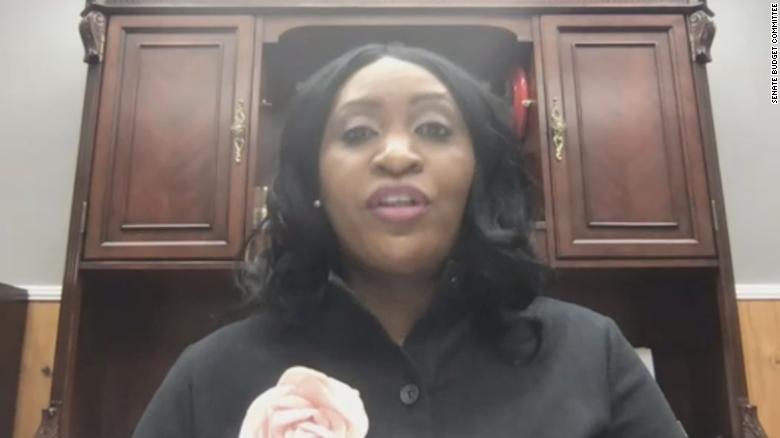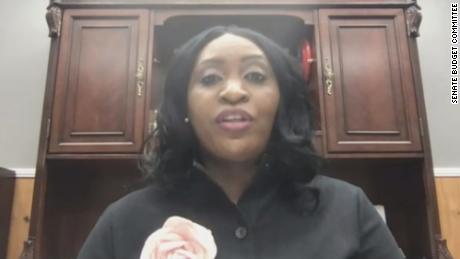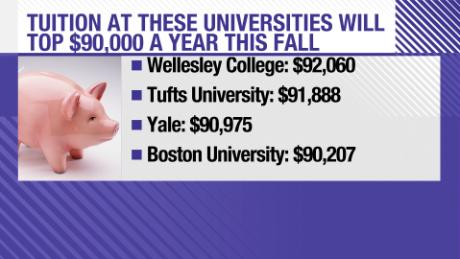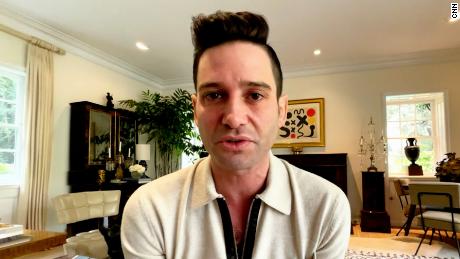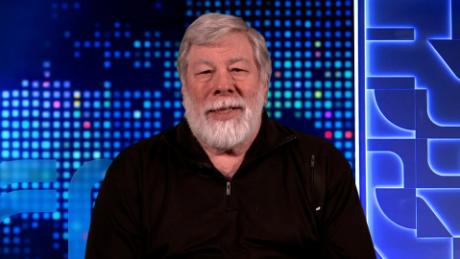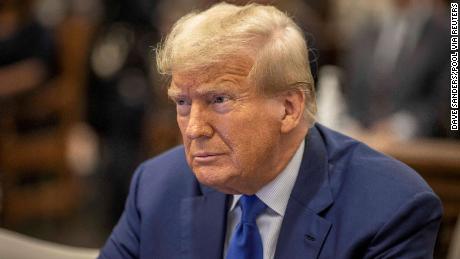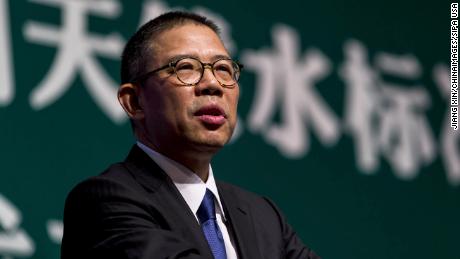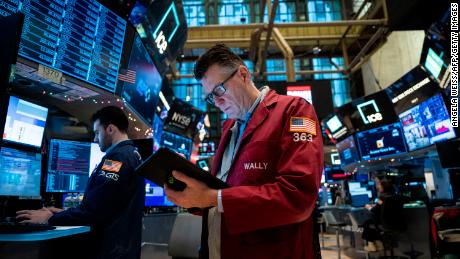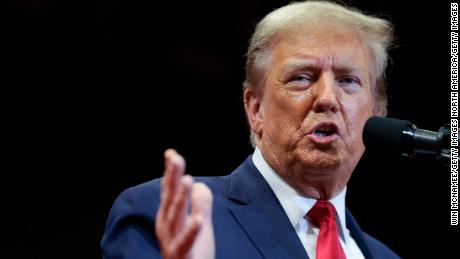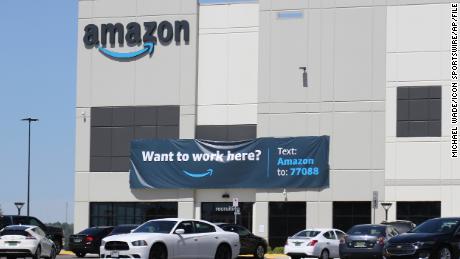(CNN Business)An Amazon warehouse employee testified before the Senate Budget Committee on Wednesday about the "grueling" working conditions that led her and others to organize the milestone union election currently underway in Bessemer, Alabama.
"Amazon brags it pays workers above the minimum wage. What they don't tell you is what those jobs are really like," said Jennifer Bates in her testimony.
"We have to keep up with the pace. My workday feels like a nine-hour intense workout every day. And they track our every move -- if your computer isn't scanning, you get charged with being time-off-task," said Bates, a learning ambassador who helps train other workers at the facility and who has been a vocal organizer behind the union push. "From the onset, I learned that if I worked too slow or had too much time-off-task I could be disciplined or even fired."
Bates was invited by Sen. Bernie Sanders to speak on the topic of "Income and Wealth Inequality Crisis in America." Amazon's outgoing CEO Jeff Bezos was also invited to speak but declined the offer. In a statement last week, an Amazon spokesperson said, "We fully endorse Senator Sanders' efforts to reduce income inequality with legislation to increase the federal minimum wage to $15 an hour for all workers, like we did for ours in 2018."
"We take employee feedback seriously, including Ms. Bates', but we don't believe her comments represent the more than 90% of her fulfillment center colleagues who say they'd recommend Amazon as a great place to work to friends and family," an Amazon spokesperson said in a statement Wednesday. The spokesperson added that Amazon employees "earn at least $15 an hour, receive comprehensive healthcare and paid leave benefits."
The company raised its minimum wage to $15 in 2018 following pushback from critics, including Sanders, that Amazon did not pay its workers enough. Amazon has been on a recent PR blitz on the topic, indicating its support for a $15 federal minimum wage.
The Amazon Bessemer union election -- which began by mail on February 8 and runs through March 29 -- has garnered national attention from prominent figures, including President Joe Biden and Stacey Abrams. Earlier this month, a Congressional delegation visited the Bessemer facility in support of the workers pushing to unionize. If successful, it would become Amazon's first US-based union in its nearly 27-year history.
Bates described 10-hour shifts with just two 30-minute breaks that are "not long enough to give you time to rest" given the facility's expansive size.
"Just walking the long way to the bathroom and back eats up precious break time," said Bates, who said that elevators in the facility had signage indicating they were for "material only, no riders." "I couldn't believe that they built a facility with so many elevators for materials and make the employees take the stairs on a huge four-flight facility."
In an interview last month with CNN Business, Bates ticked off a list of issues that workers hope to improve with the help of union representation, including adequate break time, better procedures for filing and receiving responses to grievances, higher wages, and protection against Amazon wrongfully applying policies like social distancing to discipline workers.
As CNN Business has previously reported, Amazon has waged an aggressive anti-union campaign leading up to the vote. Workers were frequently informed of Amazon's stance that a union is an unnecessary expense. Workers saw anti-union signage on the bathroom stalls; they were pulled into one-on-one meetings on the warehouse floor and were also required to attend group meetings every few shifts. The company sent out numerous text messages to workers and launched an anti-union website that warns against paying dues: "Don't buy that dinner, don't buy those school supplies, don't buy those gifts because you won't have that almost $500 you paid in dues."
Bates addressed the anti-union efforts in her testimony. "The company would just hammer on different reasons why the union was bad. And we had to listen. If someone spoke up and disagreed with what the company was saying they would shut the meeting down and told people to go back to work. Then follow up with one-on-one meetings on the floor," she said, calling it "upsetting" to see some coworkers "get confused by what was being said in the meetings." (In a statement to CNN Business last month, Amazon spokesperson Heather Knox said Amazon has "provided education that helps employees understand the facts of joining a union.")
"It's frustrating that all we want is to make Amazon a better place to work. Yet Amazon is acting like they are under attack. Maybe if they spent less time - and money - trying to stop the union they would hear what we are saying. And maybe they would create a company that's as good for workers and our community as it is for shareholders and executives," said Bates.
While the pandemic has been a boon for Amazon's business, it has also been a driving force behind a more general employee uprising. Amazon has been slowly peeling back some of its pandemic-related policies. The company discontinued its unlimited unpaid time off in May, as well as its $2 hourly wage bump and double overtime pay in June. It reinstated its "time-off-task" metric to track productivity of workers this fall. It also notified workers in February that it would soon resume daily "socially distanced small group stand-up meetings."
Amazon has said it has made over 150 process updates to ensure the health and safety of its employees. The company, which continues to provide up to two weeks of paid time off for employees diagnosed with the coronavirus, has also given out two special bonuses to frontline workers since eliminating its pandemic-related wage bumps.
"Why can't such a large and wealthy company do better for their workers?" Bates said. "Amazon even took away our essential worker pay in the middle of the pandemic. Meanwhile, Amazon has made tons of money during this crisis. Jeff Bezos is the richest man in the world. And now he's even richer thanks to us workers."
